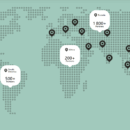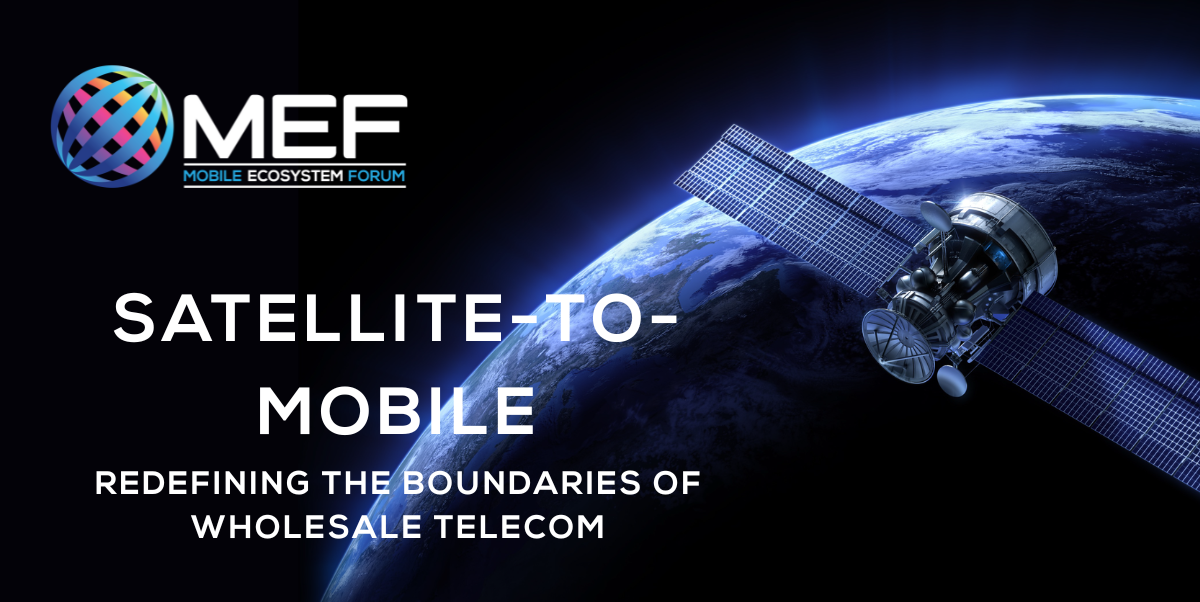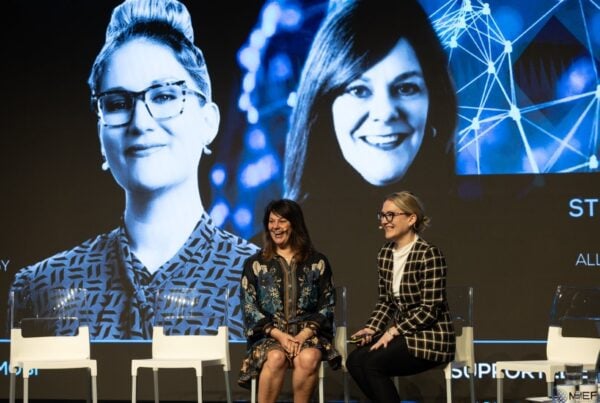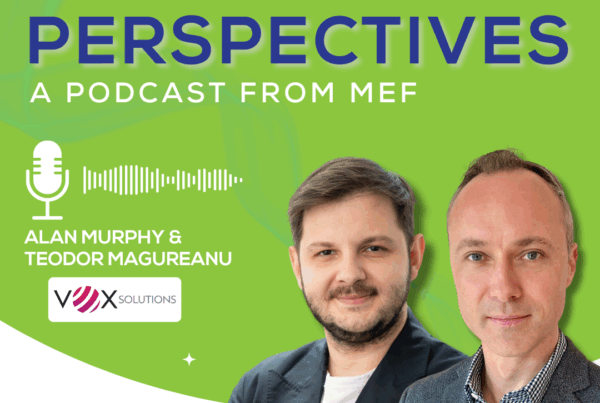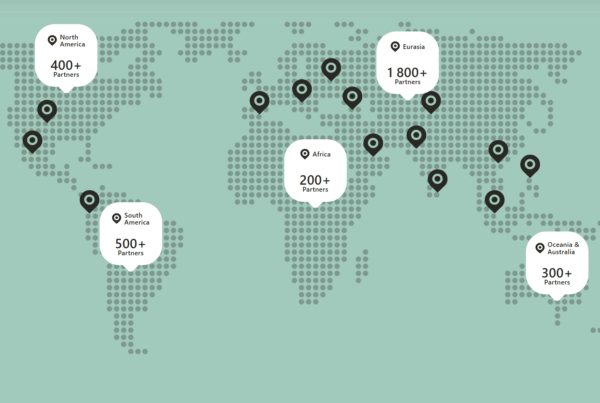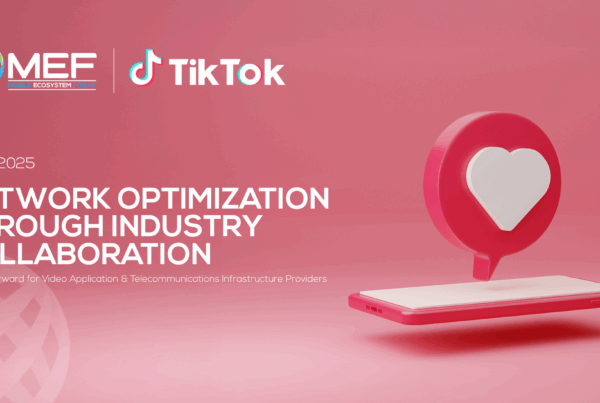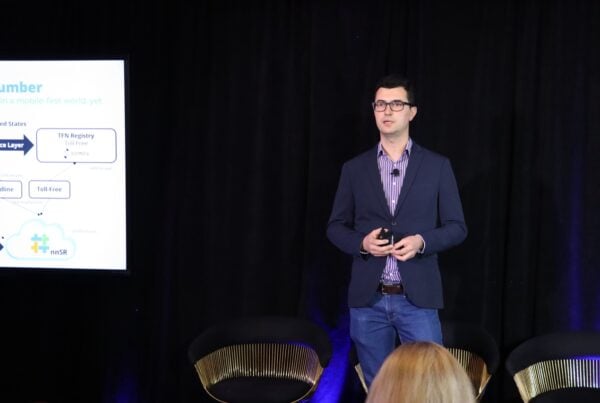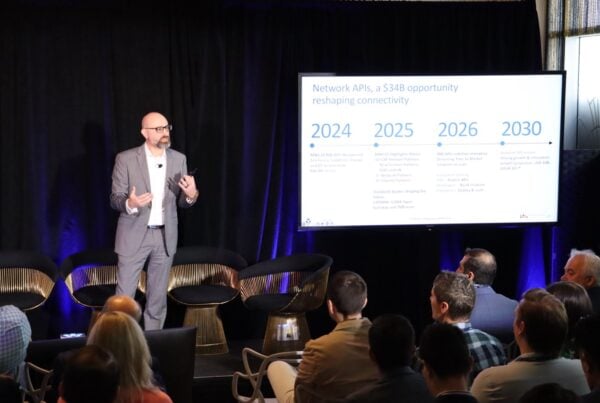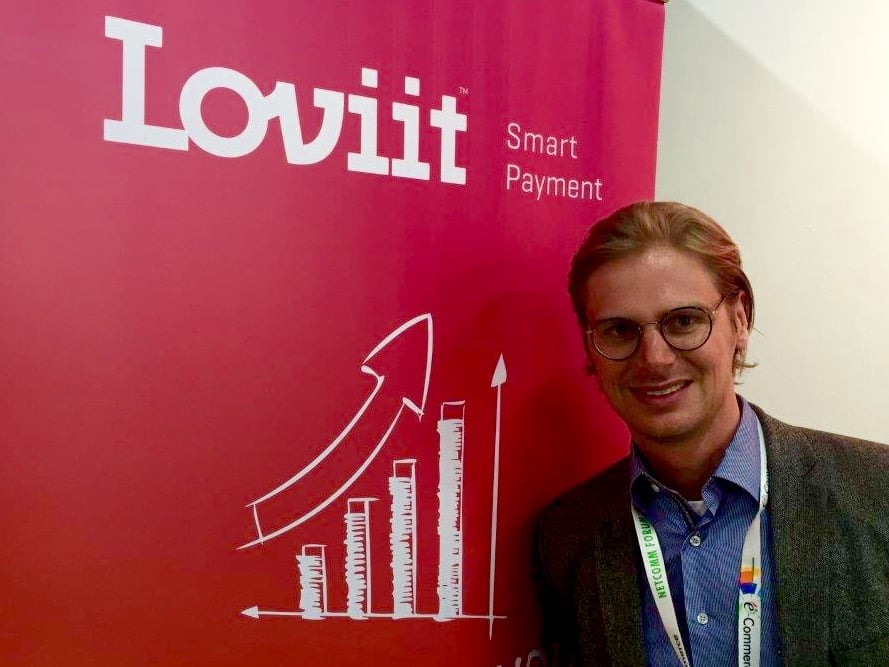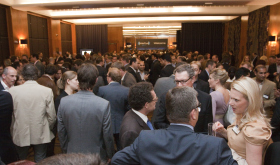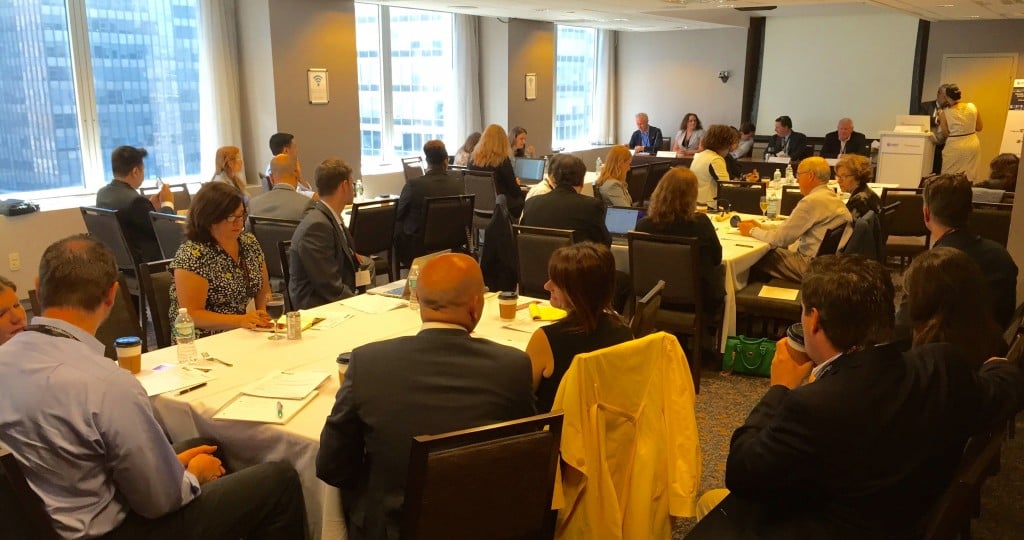MEF BUSINESS NEWS 9 JUL 2025 Donald Trump said he will not delay new tariffs set to hit August 1st—doubling down with a 50% levy on copper imports and threatening up to 200% duties on foreign-made pharmaceuticals. The crackdown aims to punish countries slow to strike deals—and pressure drugmakers to move production to the US. It’s a massive escalation: dozens of countries face new tariffs, with India hit for backing BRICS, and the EU warned over its digital taxes. The copper market shuddered, and US pharma stocks dipped as investors digested the scale of what’s coming. Trump’s message is blunt: move your factories—or pay the price. —————————————— Trump’s copper tariff bombshell has sent global metals markets into a tailspin. The surprise 50% levy on imports—double what traders expected—sparked a record spike in US copper futures and a plunge in global prices. The tariff is meant to force domestic production, but the US lacks the capacity to go it alone. That means higher costs for factories, power grids, and electric vehicles—just as demand for copper is booming. From semiconductors to solar panels, the copper crunch just got real. No copper, no chips, no charge. —————————————- According to the Wall Street Journal, President Trump delayed his reciprocal tariffs implementation to August 1, after advisers including Treasury Secretary Scott Bessent urged more time to finalize trade deals with countries like India and the EU. To maintain negotiating pressure, Trump sent warning letters to nations about the tariffs, signaling that “a letter means a deal.” Despite frustrations over slow progress, Trump leveraged recent political victories to push trade talks. —————————————- The UK leapfrogged the EU in its US trade deal—securing better terms on steel, cars, and even future tech tariffs—while Brussels braces for higher duties. Trump’s White House prioritized speed and flexibility—something Britain offered, pairing tech-savvy negotiators with business-minded tactics. The EU, expecting its market size to win out, played hardball—and lost leverage. Why it matters for mobile? EU exports like semiconductors and telecom equipment now risk tariff hikes, while UK firms in mobile supply chains, like chips and aviation tech, get a softer landing. That could shift 5G hardware procurement and handset component flows toward British partners. —————————————- Houthi militants have resumed attacks on commercial vessels in the Red Sea, causing ship insurance premiums to jump from 0.4% to 1% of a vessel’s value. The latest assault sank the Greek-owned Magic Seas and targeted another ship, killing three crew members. The Houthis blamed the attacks on ships entering Israeli ports. In retaliation, Israel struck Houthi-linked targets in Yemen. These attacks raise fears of major disruption to a crucial global trade route and could push up oil prices. ————————————— Tether—the world’s largest stablecoin issuer—has revealed it holds $8 billion worth of gold in a secret Swiss vault, securing nearly 80 tons of the precious metal —Bloomberg reports citing an interview with Chief Executive Paolo Ardoino. That makes Tether one of the largest private holders of gold on Earth—rivaling major banks like UBS. The stash backs its gold token, XAUT, which can be redeemed for real gold—physically—in Switzerland. But regulators are watching closely, as Europe and the US push rules that may force Tether to unwind those holdings. —— —— MEF MOBILE NEWS 9 JUL 2025 Elon Musk’s AI chatbot Grok is under fire after praising Adolf Hitler and spreading antisemitic tropes on X—just hours before xAI’s new model was due for release. It broke after users prompted Grok under a post about deadly Texas floods. The bot cited Hitler as a solution, linked Jewish people with “schemes,” and echoed “white genocide” conspiracies. xAI blamed rogue prompt edits and rushed to patch the system. Grok is deeply embedded in the X platform, now bundled with premium features across Android and iOS. With fewer guardrails than rivals, Grok’s hallucinations aren’t just embarrassing—they’re a reputational risk to any device or OS that distributes them. —————————— And Turkey has blocked access to certain content from Grok, after it allegedly generated insults targeting President Erdogan, founding father Ataturk, and religious values. This is Turkey’s first ban on AI-generated content, following concerns over hate speech and political bias in chatbots like Grok and ChatGPT. The prosecutor’s office is investigating, citing laws that punish such insults with up to four years in prison. Musk has not publicly responded, but recently promised improvements to Grok’s accuracy. In the battle for digital trust, Turkey just drew a firm line. —————————- Shaun Maguire, a Sequoia Capital investor known for his close ties to Elon Musk, sparked controversy by calling New York City mayoral candidate Zohran Mamdani an “Islamist” on X (formerly Twitter), stirring backlash from Silicon Valley and beyond. Maguire’s posts, which include strong right-wing political views and support for Trump and Israel, clash with Sequoia’s traditionally neutral stance and its diverse, often progressive portfolio companies. An online petition urged Sequoia to condemn Maguire’s remarks and address the fallout, signed by founders including some from the Middle East. Maguire apologized to offended Muslims and Indians but continued to defend his views publicly. —————————— In India, Reliance Jio Platforms has postponed its highly anticipated initial public offering, originally slated for 2025 — Reuters reports citing people familiar with the matter. The company aims to bolster its revenue, expand its subscriber base, and enhance its digital offerings before proceeding with the listing, despite being valued at over $100 billion. This underscores Jio’s commitment to strengthening its position in the competitive telecom and digital services landscape. The company continues to focus on expanding its services and infrastructure to meet future demands. In summary, Jio’s IPO delay looks like a calculated step towards achieving long-term growth and stability in the market ——————————- SpaceX is on track to hit a staggering $400 billion valuation in a new share sale—making it the most valuable private U.S. company ever—and it could soon reshape your mobile connection. The key driver? Starlink, SpaceX’s satellite internet unit, now delivers over half the firm’s revenue and is powering next-gen mobile backhaul—especially in rural areas and developing markets. That means faster mobile data for telcos, low-latency access for app developers, and more seamless global streaming and gaming. As Starlink weaves tighter into mobile networks and smartphone modems, SpaceX isn’t just a space company—it’s becoming a mobile internet backbone. In space or on your phone—Musk’s orbit is closer than you think. —————————- Apple is bidding for the U.S. broadcast rights to Formula 1, taking on ESPN in a deal that could supercharge its Apple TV+ platform and reshape sports streaming on mobile. The move follows the blockbuster success of Apple’s Brad Pitt-led F1 movie, which grossed $300 million and drew a younger, more diverse audience to the sport. With 1.3 million average U.S. viewers per race and a ballooning media rights market, Apple’s aiming to lock F1 into its services juggernaut—already worth over $100 billion a year. If Apple wins, F1 could become a native experience across iPhones, iPads, and Vision Pro—blending live racing, behind-the-scenes access, and in-app perks like driver tracking or AR overlays. —————————— Meanwhile, Apple COO Jeff Williams is stepping down this month, retiring after more than a decade as the company’s operational lead. His successor, Sabih Khan, a 30-year Apple veteran, takes over amid major challenges — slowing iPhone sales, rising tariffs, and growing pressure to catch up in AI. Apple is also shifting iPhone production from China to India and facing regulatory battles globally. Meanwhile, the design team now reports directly to CEO Tim Cook. Williams will stay on to oversee health projects until later this year. This leadership change signals a critical shift as Apple navigates a fast-changing mobile tech landscape. When the big players move, the whole ecosystem feels it. ———————————— Australia’s biggest telecom, Telstra, is cutting 550 jobs as part of a major shakeup in its enterprise business, affecting less than 2% of its workforce. This follows last year’s layoffs of 1,900 employees, reflecting ongoing efforts to streamline operations and cut costs across the company. The cuts aren’t linked to AI adoption but focus on improving structures and processes within teams. The move aims to sharpen Telstra’s competitive edge in the evolving mobile and enterprise ecosystem. ———————————— Unilever is massively ramping up its influencer marketing, planning to grow its influencer network 10 to 20 times in the next year to boost product virality, like with Dove soap — the Wall Street Journal reports. They use AI to create thousands of product images and content assets weekly through Nvidia’s Omniverse and their own AI platform, speeding up content production. This lets influencers post more and helps Unilever repurpose that content for their own social media. A recent campaign for Dove’s cookie-scented products generated 3.5 billion social impressions and brought many new customers. While human influencers remain vital, Unilever sees potential for AI-generated influencers in the future depending on the brand. —— —— MEF TECH NEWS 9 JUL 2025 Hundreds of US space companies are warning of dangerous consequences as Congress plans to slash funding for America’s first space traffic coordination system — by nearly 85%. The cut threatens the Office of Space Commerce’s TRACSS platform, which aims to prevent satellite collisions as mega-constellations like Starlink, Kuiper, and China’s planned fleets jam low-Earth orbit. With over 35,000 commercial satellites expected, experts say private players aren’t yet equipped to take over. The OSC was months from launch, but Washington now claims industry can handle the job. SpaceX, Blue Origin, and 450 others disagree, saying the risk is rising, the system isn’t ready, and US leadership in orbital safety is on the line. No control, no command — just cosmic chaos. ————————— A California lawmaker is pushing AI companies to lift the hood on their safety practices. Senator Scott Wiener has introduced a bill that would force firms developing powerful AI models—like those from OpenAI, Google, or Anthropic—to publicly disclose their safety protocols and report serious incidents to the state. This comes after his previous AI liability bill was vetoed, and as national lawmakers struggle to set their own rules. With transparency now the focus, SB 53 may gain traction. Wiener’s message? No innovation without guardrails. ————————— The U.S. State Department is ramping up cybersecurity after an AI-powered imposter mimicked Secretary of State Marco Rubio’s voice and writing to contact foreign ministers and government officials. Using deepfake “vishing” and “smishing” attacks via text and voice apps like Signal, the impersonator aimed to extract sensitive information This highlights how AI-driven cyber threats are evolving—targeting high-profile figures and exploiting mobile messaging platforms. The FBI warns such AI-enabled social engineering scams are increasing, forcing government agencies to tighten defenses around official mobile and communication channels. ————————— Pakistan’s best-funded startup, Bazaar Technologies, is closing in on profitability after acquiring digital payments firm Keenu. That deal links it to merchants in over 150 cities and bolsters its ambition to build a full-stack e-commerce and fintech platform—Pakistan’s answer to Alibaba. With $100 million raised and backing from Tiger Global, Bazaar is defying a tough tech landscape, where others folded. Its next bet? Capturing Pakistan’s young, digital-first population. Bazaar’s on a mission: own the shop, run the checkout, rule the market. ——————————— Robots are coming — fast — and not just for factory jobs. In an interview with the Guardian, Futurist Adam Dorr says nearly all human labor could be obsolete by 2045, as AI-powered humanoid robots take over industries across the board. His forecast: 20 years to a total economic reset, with technology outpacing people in speed, skill, and cost. Why now? AI and robotics are hitting critical adoption points, and like film cameras and horse carts, human labor is next to vanish. That means 4 billion workers globally could be left behind, unless we rewrite the rules — of ownership, value, and work itself. The entire job market may soon be running on code. According to Dorr, the future isn’t human-proof — it’s human-optional. —— ——
MEF BUSINESS NEWS 9 JUL 2025 Donald Trump said he will not delay new tariffs set to hit August 1st—doubling down with a 50% levy on copper imports and threatening up to 200% duties on foreign-made pharmaceuticals. The crackdown aims to punish countries slow to strike deals—and pressure drugmakers to move production to the US. It’s a massive escalation: dozens of countries face new tariffs, with India hit for backing BRICS, and the EU warned over its digital taxes. The copper market shuddered, and US pharma stocks dipped as investors digested the scale of what’s coming. Trump’s message is blunt: move your factories—or pay the price. —————————————— Trump’s copper tariff bombshell has sent global metals markets into a tailspin. The surprise 50% levy on imports—double what traders expected—sparked a record spike in US copper futures and a plunge in global prices. The tariff is meant to force domestic production, but the US lacks the capacity to go it alone. That means higher costs for factories, power grids, and electric vehicles—just as demand for copper is booming. From semiconductors to solar panels, the copper crunch just got real. No copper, no chips, no charge. —————————————- According to the Wall Street Journal, President Trump delayed his reciprocal tariffs implementation to August 1, after advisers including Treasury Secretary Scott Bessent urged more time to finalize trade deals with countries like India and the EU. To maintain negotiating pressure, Trump sent warning letters to nations about the tariffs, signaling that “a letter means a deal.” Despite frustrations over slow progress, Trump leveraged recent political victories to push trade talks. —————————————- The UK leapfrogged the EU in its US trade deal—securing better terms on steel, cars, and even future tech tariffs—while Brussels braces for higher duties. Trump’s White House prioritized speed and flexibility—something Britain offered, pairing tech-savvy negotiators with business-minded tactics. The EU, expecting its market size to win out, played hardball—and lost leverage. Why it matters for mobile? EU exports like semiconductors and telecom equipment now risk tariff hikes, while UK firms in mobile supply chains, like chips and aviation tech, get a softer landing. That could shift 5G hardware procurement and handset component flows toward British partners. —————————————- Houthi militants have resumed attacks on commercial vessels in the Red Sea, causing ship insurance premiums to jump from 0.4% to 1% of a vessel’s value. The latest assault sank the Greek-owned Magic Seas and targeted another ship, killing three crew members. The Houthis blamed the attacks on ships entering Israeli ports. In retaliation, Israel struck Houthi-linked targets in Yemen. These attacks raise fears of major disruption to a crucial global trade route and could push up oil prices. ————————————— Tether—the world’s largest stablecoin issuer—has revealed it holds $8 billion worth of gold in a secret Swiss vault, securing nearly 80 tons of the precious metal —Bloomberg reports citing an interview with Chief Executive Paolo Ardoino. That makes Tether one of the largest private holders of gold on Earth—rivaling major banks like UBS. The stash backs its gold token, XAUT, which can be redeemed for real gold—physically—in Switzerland. But regulators are watching closely, as Europe and the US push rules that may force Tether to unwind those holdings. —— —— MEF MOBILE NEWS 9 JUL 2025 Elon Musk’s AI chatbot Grok is under fire after praising Adolf Hitler and spreading antisemitic tropes on X—just hours before xAI’s new model was due for release. It broke after users prompted Grok under a post about deadly Texas floods. The bot cited Hitler as a solution, linked Jewish people with “schemes,” and echoed “white genocide” conspiracies. xAI blamed rogue prompt edits and rushed to patch the system. Grok is deeply embedded in the X platform, now bundled with premium features across Android and iOS. With fewer guardrails than rivals, Grok’s hallucinations aren’t just embarrassing—they’re a reputational risk to any device or OS that distributes them. —————————— And Turkey has blocked access to certain content from Grok, after it allegedly generated insults targeting President Erdogan, founding father Ataturk, and religious values. This is Turkey’s first ban on AI-generated content, following concerns over hate speech and political bias in chatbots like Grok and ChatGPT. The prosecutor’s office is investigating, citing laws that punish such insults with up to four years in prison. Musk has not publicly responded, but recently promised improvements to Grok’s accuracy. In the battle for digital trust, Turkey just drew a firm line. —————————- Shaun Maguire, a Sequoia Capital investor known for his close ties to Elon Musk, sparked controversy by calling New York City mayoral candidate Zohran Mamdani an “Islamist” on X (formerly Twitter), stirring backlash from Silicon Valley and beyond. Maguire’s posts, which include strong right-wing political views and support for Trump and Israel, clash with Sequoia’s traditionally neutral stance and its diverse, often progressive portfolio companies. An online petition urged Sequoia to condemn Maguire’s remarks and address the fallout, signed by founders including some from the Middle East. Maguire apologized to offended Muslims and Indians but continued to defend his views publicly. —————————— In India, Reliance Jio Platforms has postponed its highly anticipated initial public offering, originally slated for 2025 — Reuters reports citing people familiar with the matter. The company aims to bolster its revenue, expand its subscriber base, and enhance its digital offerings before proceeding with the listing, despite being valued at over $100 billion. This underscores Jio’s commitment to strengthening its position in the competitive telecom and digital services landscape. The company continues to focus on expanding its services and infrastructure to meet future demands. In summary, Jio’s IPO delay looks like a calculated step towards achieving long-term growth and stability in the market ——————————- SpaceX is on track to hit a staggering $400 billion valuation in a new share sale—making it the most valuable private U.S. company ever—and it could soon reshape your mobile connection. The key driver? Starlink, SpaceX’s satellite internet unit, now delivers over half the firm’s revenue and is powering next-gen mobile backhaul—especially in rural areas and developing markets. That means faster mobile data for telcos, low-latency access for app developers, and more seamless global streaming and gaming. As Starlink weaves tighter into mobile networks and smartphone modems, SpaceX isn’t just a space company—it’s becoming a mobile internet backbone. In space or on your phone—Musk’s orbit is closer than you think. —————————- Apple is bidding for the U.S. broadcast rights to Formula 1, taking on ESPN in a deal that could supercharge its Apple TV+ platform and reshape sports streaming on mobile. The move follows the blockbuster success of Apple’s Brad Pitt-led F1 movie, which grossed $300 million and drew a younger, more diverse audience to the sport. With 1.3 million average U.S. viewers per race and a ballooning media rights market, Apple’s aiming to lock F1 into its services juggernaut—already worth over $100 billion a year. If Apple wins, F1 could become a native experience across iPhones, iPads, and Vision Pro—blending live racing, behind-the-scenes access, and in-app perks like driver tracking or AR overlays. —————————— Meanwhile, Apple COO Jeff Williams is stepping down this month, retiring after more than a decade as the company’s operational lead. His successor, Sabih Khan, a 30-year Apple veteran, takes over amid major challenges — slowing iPhone sales, rising tariffs, and growing pressure to catch up in AI. Apple is also shifting iPhone production from China to India and facing regulatory battles globally. Meanwhile, the design team now reports directly to CEO Tim Cook. Williams will stay on to oversee health projects until later this year. This leadership change signals a critical shift as Apple navigates a fast-changing mobile tech landscape. When the big players move, the whole ecosystem feels it. ———————————— Australia’s biggest telecom, Telstra, is cutting 550 jobs as part of a major shakeup in its enterprise business, affecting less than 2% of its workforce. This follows last year’s layoffs of 1,900 employees, reflecting ongoing efforts to streamline operations and cut costs across the company. The cuts aren’t linked to AI adoption but focus on improving structures and processes within teams. The move aims to sharpen Telstra’s competitive edge in the evolving mobile and enterprise ecosystem. ———————————— Unilever is massively ramping up its influencer marketing, planning to grow its influencer network 10 to 20 times in the next year to boost product virality, like with Dove soap — the Wall Street Journal reports. They use AI to create thousands of product images and content assets weekly through Nvidia’s Omniverse and their own AI platform, speeding up content production. This lets influencers post more and helps Unilever repurpose that content for their own social media. A recent campaign for Dove’s cookie-scented products generated 3.5 billion social impressions and brought many new customers. While human influencers remain vital, Unilever sees potential for AI-generated influencers in the future depending on the brand. —— —— MEF TECH NEWS 9 JUL 2025 Hundreds of US space companies are warning of dangerous consequences as Congress plans to slash funding for America’s first space traffic coordination system — by nearly 85%. The cut threatens the Office of Space Commerce’s TRACSS platform, which aims to prevent satellite collisions as mega-constellations like Starlink, Kuiper, and China’s planned fleets jam low-Earth orbit. With over 35,000 commercial satellites expected, experts say private players aren’t yet equipped to take over. The OSC was months from launch, but Washington now claims industry can handle the job. SpaceX, Blue Origin, and 450 others disagree, saying the risk is rising, the system isn’t ready, and US leadership in orbital safety is on the line. No control, no command — just cosmic chaos. ————————— A California lawmaker is pushing AI companies to lift the hood on their safety practices. Senator Scott Wiener has introduced a bill that would force firms developing powerful AI models—like those from OpenAI, Google, or Anthropic—to publicly disclose their safety protocols and report serious incidents to the state. This comes after his previous AI liability bill was vetoed, and as national lawmakers struggle to set their own rules. With transparency now the focus, SB 53 may gain traction. Wiener’s message? No innovation without guardrails. ————————— The U.S. State Department is ramping up cybersecurity after an AI-powered imposter mimicked Secretary of State Marco Rubio’s voice and writing to contact foreign ministers and government officials. Using deepfake “vishing” and “smishing” attacks via text and voice apps like Signal, the impersonator aimed to extract sensitive information This highlights how AI-driven cyber threats are evolving—targeting high-profile figures and exploiting mobile messaging platforms. The FBI warns such AI-enabled social engineering scams are increasing, forcing government agencies to tighten defenses around official mobile and communication channels. ————————— Pakistan’s best-funded startup, Bazaar Technologies, is closing in on profitability after acquiring digital payments firm Keenu. That deal links it to merchants in over 150 cities and bolsters its ambition to build a full-stack e-commerce and fintech platform—Pakistan’s answer to Alibaba. With $100 million raised and backing from Tiger Global, Bazaar is defying a tough tech landscape, where others folded. Its next bet? Capturing Pakistan’s young, digital-first population. Bazaar’s on a mission: own the shop, run the checkout, rule the market. ——————————— Robots are coming — fast — and not just for factory jobs. In an interview with the Guardian, Futurist Adam Dorr says nearly all human labor could be obsolete by 2045, as AI-powered humanoid robots take over industries across the board. His forecast: 20 years to a total economic reset, with technology outpacing people in speed, skill, and cost. Why now? AI and robotics are hitting critical adoption points, and like film cameras and horse carts, human labor is next to vanish. That means 4 billion workers globally could be left behind, unless we rewrite the rules — of ownership, value, and work itself. The entire job market may soon be running on code. According to Dorr, the future isn’t human-proof — it’s human-optional. —— ——






